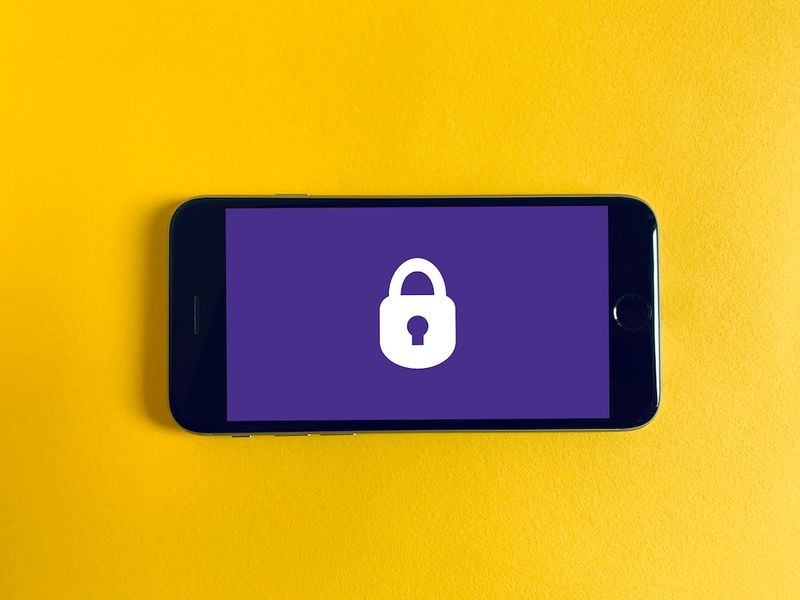Israel and UAE Collaborate on Cybersecurity Defense
Israel and the United Arab Emirates (UAE) have joined forces in the fight against cyber threats, with recent collaboration in repelling distributed denial-of-service (DDoS) attacks. The partnership, established through the Abraham Accords, aims to strengthen relations in the Middle East and build a robust defense against cyberattacks.
Joint Efforts in Detecting and Repelling Cyber Threats
Speaking at the Cyber Week conference in Tel Aviv, UAE‘s head of cybersecurity, Mohamed Al Kuwaiti, praised the partnership with Israel, stating that attacks “continuously come and go.” He commended the early warning system and cyber dome built with the support of Israeli startups. Gaby Portnoy, director general of the Israel National Cyber Directorate, also highlighted the importance of collaboration.
One significant initiative resulting from the partnership is the Crystal Ball project, which involves intelligence sharing and collaboration between the cyber teams of Israel and the UAE. This joint effort aims to detect and repel hackers, focusing on national-level cyber threats. The partnership involves both governmental and private industry support.
MuddyWater Group and Cyberattacks
During the Cyber Week conference, Gaby Portnoy mentioned cyberattacks attributed to the MuddyWater group, which is believed to have ties to Iran’s Islamic Revolutionary Guard Corps (IRGC). He specifically referenced an attack on the Technion Institute of Technology in Haifa. The institution had to disconnect its systems to prevent security damage and data loss.
Deep Instinct’s Simon Kenin’s recent blog revealed that a custom-made command and control server was used in the attack on Technion, and the MuddyWater group has been utilizing this server since 2021. Portnoy emphasized that the group targets not only Israel but also civilian targets in other countries, including Turkey, Saudi Arabia, Egypt, Morocco, India, Bahrain, Oman, and Kuwait.
The Importance of International Cooperation
The increased collaboration between Israel, the UAE, and other nations in addressing cyber threats signifies a positive step in international cooperation against cybercrime. As criminal organizations work together to victimize individuals and companies globally, strong alliances between nation-states become essential.
Brian Honan, CEO of BH Consulting, expressed his support for the efforts, emphasizing the need for improved international cooperation in tackling cyber threats. These alliances, such as the Israel–UAE partnership, allow for enhanced knowledge sharing and joint defense strategies against cybercriminals.
Editorial: Strengthening Cybersecurity Defense in an Interconnected World
The Israel–UAE collaboration in cybersecurity defense exemplifies the increasing significance of international alliances in safeguarding the digital infrastructure of nations. In an interconnected world, where cyber threats can target any country indiscriminately, efforts to enhance cooperation and information sharing are crucial.
Cyberattacks have far-reaching consequences, affecting not only governments but also civilians and private organizations. MuddyWater’s campaigns across multiple countries illustrate the ever-evolving nature of cyber threats and the need for a united front against such attacks.
As countries invest in technology and digital advancements, they must simultaneously prioritize robust cybersecurity measures. Cyber defenses should not be limited to individual nations but should extend to global networks, facilitating exchange and collaboration among cybersecurity professionals worldwide.
Protecting Critical Infrastructure and Data Privacy
Cyberattacks pose risks not just to national security but also to critical infrastructure, intellectual property, and data privacy. The partnership between Israel and the UAE sets a remarkable example for others to follow, as it demonstrates the mutual benefits of information sharing, intelligence collaboration, and joint defense initiatives.
To further strengthen cybersecurity defense, nations should invest in research and development, foster a highly skilled cybersecurity workforce, and prioritize public-private partnerships. Governments, academia, private organizations, and individuals all have a role to play in fostering a comprehensive and robust cybersecurity ecosystem.
Empowering Individuals and Organizations
While international collaborations and advanced technologies are vital in combating cyber threats, individuals and organizations must also prioritize cybersecurity. This includes implementing strong passwords, regularly updating software and security patches, and educating oneself about common cyber threats and best practices.
Additionally, individuals and organizations should exercise caution when interacting online, avoiding suspicious emails, clicking on unknown links, and sharing sensitive information without proper authentication. Cybersecurity awareness and responsible behavior are crucial components of defending against cybercriminals.
As cyber threats persist and evolve, the Israel–UAE partnership serves as a model for international cooperation in safeguarding nations and societies in the digital age. Together, we can build a more secure and resilient cyberspace for the future.

<< photo by Sigmund >>
The image is for illustrative purposes only and does not depict the actual situation.
You might want to read !
- Russian Satellite Internet Attacked: Links to Wagner Group Revealed
- “WordPress Plugin Vulnerabilities: The Importance of Prompt Patching”
- How HTML Smuggling Enables Chinese Hackers to Infiltrate European Ministries with PlugX
- Hacking Crew Wages Worldwide Cyberwar on Satellite Systems Amid Transition Ban Disputes
- “Unveiling the Vulnerabilities: TSMC Exposes Security Flaws After $70M LockBit Breach”
- Russian Telecom Confirms Hack Following Boastful Wagner-Backed Group’s Attack
- The Rise of DDoSia: Exploring the Rapid Growth of a Russian Hacktivist Platform
- The Growing Cyber Threat: APT35’s Advanced Spear-Phishing Targets Israeli Media
- TSMC Faces Cyber Threats: A Closer Look into the Hacking Incident
- The Future is XDR: Saving Costs and Preserving SOC Sanity
- “Strengthening Democracy: Army Combat Veteran Empowered to Safeguard Elections in Collaboration with State and Local Officials”
- Apple’s Privacy Standoff: Why the UK’s Proposed Encryption Bill is Raising Concerns
- The Rising Threat: Condi Malware Hijacks TP-Link Wi-Fi Routers for Massive DDoS Botnet Attacks
- The New Wave of Cyber Attacks: Mirai Botnet Targets Zyxel Devices for DDoS Attacks




